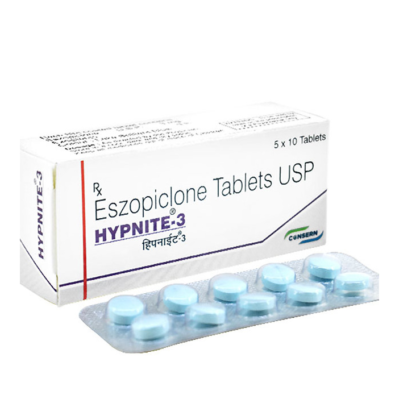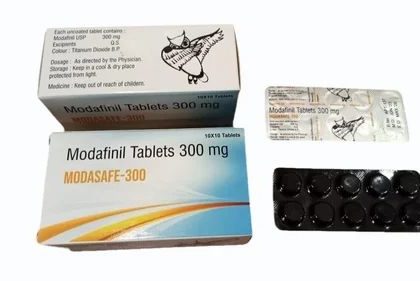Orlistat: A Comprehensive Guide to Weight Management with Medication
In today’s health-conscious society, weight management is a topic of significant importance. Orlistat, a well-known medication approved for weight loss, has garnered attention as an effective tool for individuals struggling with obesity. This article delves into what Orlistat is, how it works, its benefits, side effects, and tips for optimal use.
What is Orlistat?
It is a pharmaceutical drug that aids in weight loss by preventing the absorption of dietary fats in the gastrointestinal tract. It is marketed under various brand names, including Xenical (a prescription medication) and Alli (an over-the-counter version). The drug is particularly effective when combined with a reduced-calorie, low-fat diet and regular physical activity.
How Does Orlistat Work?
Medicine works by inhibiting lipase, an enzyme responsible for breaking down dietary fat in the intestines. By blocking this enzyme, approximately 25-30% of the fat consumed in a meal is excreted rather than absorbed. This calorie reduction contributes to weight loss over time.
Unlike appetite suppressants that act on the brain, Orlistat functions locally in the gastrointestinal tract, making it distinct and potentially safer for long-term use.
Benefits of Orlistat
-
Effective Weight Loss
Clinical studies have demonstrated that Orlistat can help individuals lose 5-10% of their body weight within six months to a year. -
Improved Metabolic Health
By reducing visceral fat, this tablet may lower the risk of obesity-related conditions such as Type 2 diabetes, high blood pressure, and heart disease. -
Non-Systemic Action
Since it works within the digestive system, it does not enter the bloodstream in significant amounts, reducing the likelihood of systemic side effects. -
Supports Lifestyle Changes
The medication encourages users to adopt healthier eating habits, as consuming high-fat meals can lead to undesirable gastrointestinal side effects.
Possible Side Effects
While Orlistat is generally safe when used as directed, it can cause side effects, particularly when dietary fat intake is high. Common side effects include:
-
Gastrointestinal Issues: Oily stools, flatulence, and diarrhea are common, especially in the initial stages of treatment.
-
Fat-Soluble Vitamin Deficiency: Orlistat can interfere with the absorption of vitamins A, D, E, and K. It is recommended to take a multivitamin at least two hours before or after taking the medication.
-
Rare Side Effects: In rare cases, Orlistat may lead to liver injury. Users should consult a healthcare provider if they experience symptoms like yellowing of the skin or dark urine.
Who Should Use Orlistat?
This drug is recommended for individuals with:
-
A body mass index (BMI) of 30 or higher.
-
A BMI of 27 or higher with obesity-related conditions such as hypertension or diabetes.
However, it is not suitable for everyone. Pregnant or breastfeeding women, individuals with chronic malabsorption syndrome, or those with gallbladder issues should avoid using Orlistat.
Tips for Optimal Use
To maximize the benefits of Orlistat, consider these tips:
-
Adopt a Balanced Diet
Limit dietary fat to 30% or less of total daily calorie intake. A balanced diet can minimize side effects and enhance weight loss. -
Stay Active
Combine Orlistat with regular exercise to improve overall health and amplify weight loss results. -
Take as Directed
Orlistat is usually taken three times a day with meals containing fat. Skipping a dose is recommended if a meal does not include fat. -
Monitor Your Progress
Keep track of your weight, BMI, and overall health to evaluate the effectiveness of the medication.
What are alternatives to Orlistat?
Several prescription weight-loss drugs are viable alternatives to Orlistat, each targeting weight management through different mechanisms:
-
Phentermine
A short-term appetite suppressant, phentermine works by stimulating the central nervous system to decrease hunger. It’s often prescribed for individuals needing rapid weight loss to address obesity-related health risks. -
Liraglutide (Saxenda)
Initially developed for Type 2 diabetes, liraglutide is a glucagon-like peptide-1 (GLP-1) receptor agonist. It helps reduce appetite and increases feelings of fullness, leading to significant weight loss when combined with lifestyle changes. -
Naltrexone-Bupropion (Contrave)
This combination medication targets the brain’s hunger and reward centers. Naltrexone reduces cravings, while bupropion suppresses appetite, offering a dual approach to weight loss. -
Semaglutide (Wegovy)
Semaglutide, another GLP-1 receptor agonist, has shown remarkable results in clinical trials for weight management, offering substantial weight reduction when paired with diet and exercise.
Conclusion
Orlistat is a valuable tool for individuals seeking medical assistance with weight management. By inhibiting fat absorption and promoting lifestyle changes, it offers a practical approach to achieving sustainable weight loss. However, it is not a one-size-fits-all solution. Consultation with a healthcare provider is essential to determine whether Orlistat is the right option and to ensure safe and effective use.
When combined with a healthy diet, regular exercise, and a commitment to long-term changes, Orlistat can help pave the way to a healthier, happier you.





Reviews
There are no reviews yet.